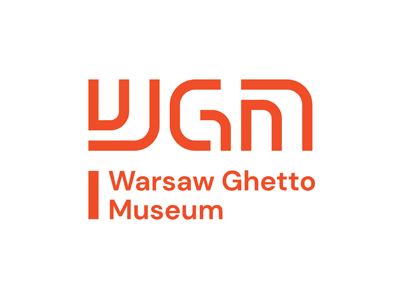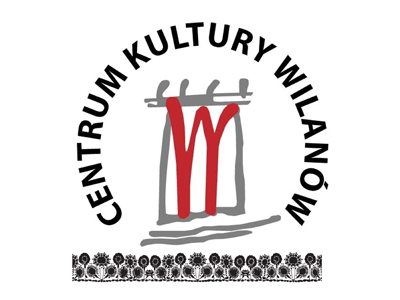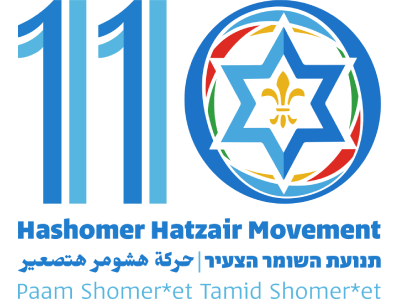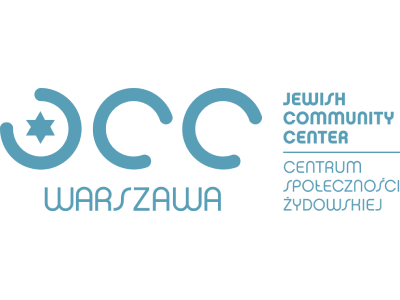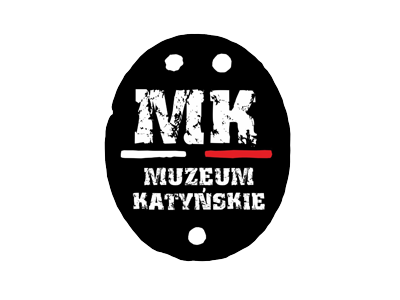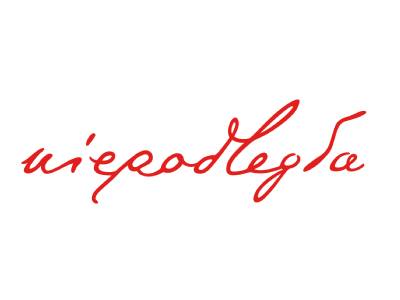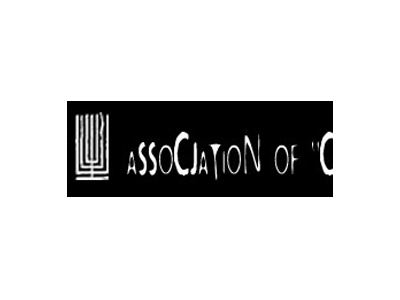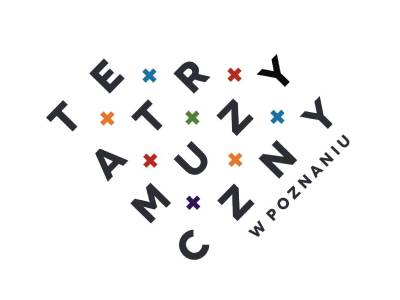EVENTS
- MO
- TU
- WE
- TH
- FR
- SA
- SU
- 28
- 29
- 30
- 31
- 1
- 2
- 3
- 4
- 5
- 6
- 7
- 8
- 9
- 10
- 11
- 12
- 13
- 14
- 15
- 16
- 17
- 18
- 19
- 20
- 21
- 22
- 23
- 24
- 25
- 26
- 27
- 28
- 29
- 30
- 31
- 1
- 2
- 3
- 4
- 5
- 6
- 7
Events for 1 August
Events for 2 August
Events for 3 August
Events for 4 August
Events for 5 August
Events for 6 August
Events for 7 August
Events for 8 August
Events for 9 August
Events for 10 August
Events for 11 August
Events for 12 August
Events for 13 August
Events for 14 August
Events for 15 August
Events for 16 August
Events for 17 August
Events for 18 August
Events for 19 August
Events for 20 August
Events for 21 August
Events for 22 August
Events for 23 August
Events for 24 August
Events for 25 August
Events for 26 August
Events for 27 August
Events for 28 August
Events for 29 August
Events for 30 August
Events for 31 August
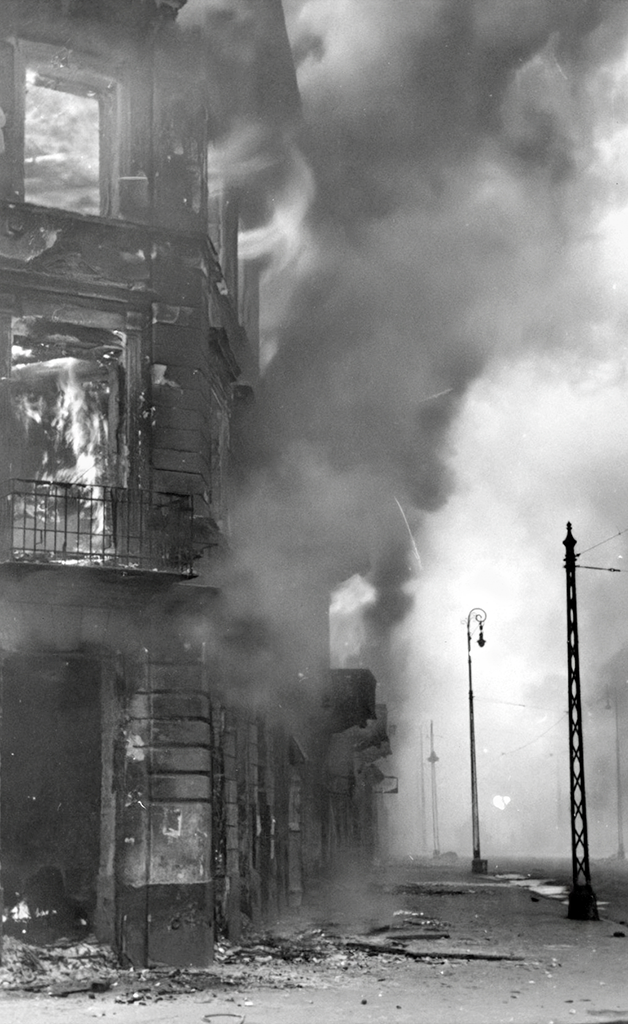

UPRISING IN THE
WARSAW GHETTO
In the historiography of World War II, much space is devoted to the armed fight and different manifestations of resistance against the occupiers. At the same time, the scale of the resistance, the diversity and the heroism of the undertaken actions are emphasised. What contradicts that description to some extent, is paying attention to the alleged passivity of the Jewish population and their lack of will to fight. A careful study of the occupation and post-war memoirs allows to look at that part of the occupation from a slightly different perspective and to understand, in a better way, the mechanisms that guided the behaviour of Jews confined to ghettos and camps. Having analysed those reports, one can realise why and what decisions they made and also that their resistance was not only a fight with weapon in their hands.





